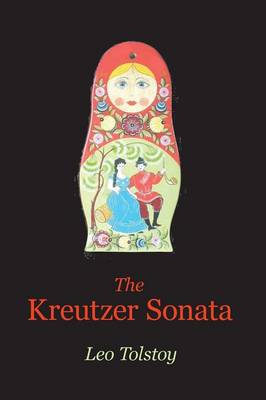Not much attention has been given to Dostoyevsky's concern with the crisis of the modern West, although allusions to almost every aspect of Western civilizationincluding the political, economic, and social dimensionsare present in his literary works and abound in his secondary writings. This book points the way to a better understanding of the apparent contradiction between Dostoyevsky's concern with the highest reaches of human spirituality and at the same time with the most detailed developmen...
The Beautiful and the Doomed: Essays on Literary Value (Dis/Continuities, #2)
by Miroslawa Buchholtz
The book addresses the problem of literary value in North American literature, children’s literature, film and poetry. Chapter One: The Ennob(e)led focuses on institutions which are instrumental in attributing value to literature: literary critics (e.g. D.H. Lawrence) and award givers (e.g. the Swedish Academy). It explores W.B. Yeats’s, T.S. Eliot’s, Czesław Miłosz’s and William Golding’s lives with the Nobel Prize. In Chapter Two: The Forgotten homage is paid to four authors who lost popularit...
Although metafiction has been the subject of much critical and theoretical writing, this is the first full-length study of its place in Soviet literature. Focusing on metafictional works by Leonid Leonov, Marietta Shaginyan, Konstantin Vaginov, and Veniamin Kaverin, it examines, within a broadly Bakhtinian theoretical framework, the relationship between their self-consciousness and their cultural and political context. The texts are shown to challenge notions about the nature and function of l...
The Archaeology of Anxiety (Russian and East European Studies)
by Galina Rylkova
The "Silver Age" (c. 1890-1917) has been one of the most intensely studied topics in Russian literary studies, and for years scholars have been struggling with its precise definition. Firmly established in the Russian cultural psyche, it continues to influence both literature and mass media. The Archaeology of Anxiety is the first extended analysis of why the Silver Age occupies such prominence in Russian collective consciousness. Galina Rylkova examines the Silver Age as a cultural construct-...
Kirche, Liturgie Und Froemmigkeit Im Schaffen Von N.V. Gogol' (Slavica Helvetica, #24)
by Lorenzo Amberg
Thomas Manns Goethe
From Modern Theory to a Poetics of Experience (Cross-Roads, #4)
The volume From Modern Theory to a Poetics of Experience contains a wide selection of essays, which were published during past decades in academic journal Teksty Drugie and were widely appreciated as significant contributions to the ongoing debate on principles and methods of literary studies. Articles gathered in this collection represent the main schools, tendencies and perspectives applied in contemporary criticism, including the most recent developments and the older traditions, which previo...
Who Can Be Happy and Free in Russia? (Dodo Press)
by Nicholas Nekrassov
This book proposes a new perspective on the role of literature in the Cold War and shifts the reader's attention to the gaps in the ostensibly impenetrable Iron Curtain. It uncovers the histories of the widely forgotten phenomenon of tamizdat: "publishing-over-there". Investigating the transfer of nonconformist literature from the "Other Europe" to Western Europe and the United States fosters a new perspective on the seemingly separable literary cultures of Cold War Europe. Based on very extens...
Fifty years after the Soviet regime cracked down totally on its creative artists, the combination of perestroika and his own initiative gave Vitaly Shentalinsky the chance to find out what really happened to Stalin's writer-victims and to relaim their stolen words. Shentalinsky went into the KGB's archives and brought to light the tragic stories of many great writers and a number of important works, including Bulgakov's diary, the final text of Mandelstam's lampoon on Stalin, poems prophetic of...
Engineers of the Soul draws the reader into the wild euphoria of the Russian Revolution, as art and reality are bent to radically new purposes. Writers of renown, described by Stalin as 'engineers of the soul', were encouraged to sing the praises of construction. But the initial enthusiasm of Soviet writers faltered as these colossal structures led to slavery and destruction, and they were obliged to labour on in the service of a deluded totalitarian society.Frank Westerman sweeps the reader alo...
In Cold Rush Martin Breum travels through and describes the new quest for the Arctic and the tortuous ongoing diplomatic endeavours to maintain peace, while the governments involved all develop still stronger security presences.
The "Domostroi"
A manual on household management, the Domostroi is one of the few sources on the social history and secular life of Russia in the time of Ivan the Terrible. It depicts a society that prized religious orthodoxy, reliance on tradition, and absolute subordination of the individual to the family and the state. Specific instructions tell how to arrange hay, visit monasteries, distill vodka, treat servants, entertain clergy, cut out robes, and carry out many other daily activities. Carolyn Johnston Po...
A Book of the Year for The Times and the Sunday Times ‘The writer is the engineer of the human soul,’ claimed Stalin. Although one wonders how many found nourishment in Turkmenbashi’s Book of the Soul (once required reading for driving tests in Turkmenistan), not to mention Stalin’s own poetry. Certainly, to be considered great, a dictator must write, and write a lot. Mao had his Little Red Book, Mussolini and Saddam Hussein their romance novels, Kim Jong-il his treatise on the art of film, Hit...
A Foreign Woman / Tr. [from Russian] by Antonina W.Bouis.
by Sergei Dovlatov
The Narratologiaseries publishes state-of-the-art monographs and collective volumes devoted to modern narrative theory and its historical reconstruction in all the philological disciplines. It is the first narratological forum of its kind in Germany. In addition to literary texts, the series focuses on narration in everyday contexts, in pictorial media, in film and in the new media as well as on narration in historiography, ethnology, medicine, and the law. The series publishes in German and E...

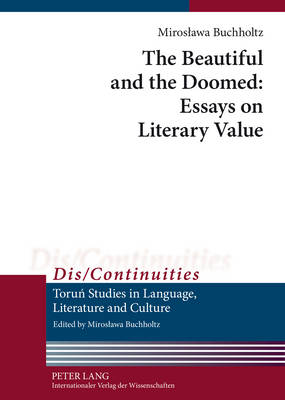
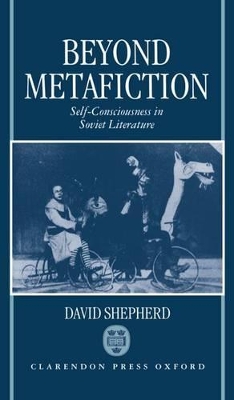
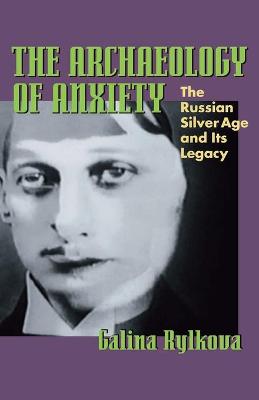
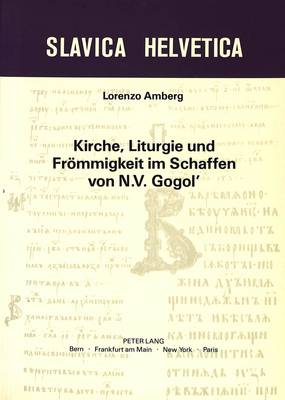
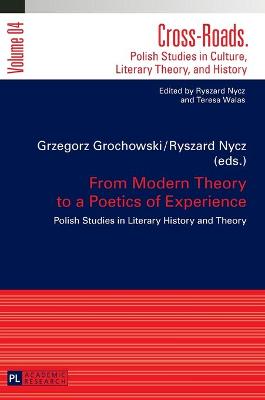
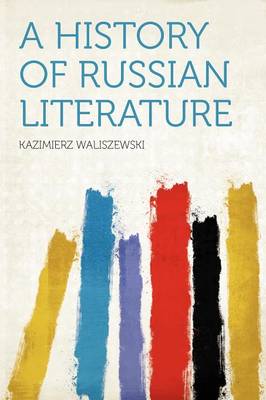
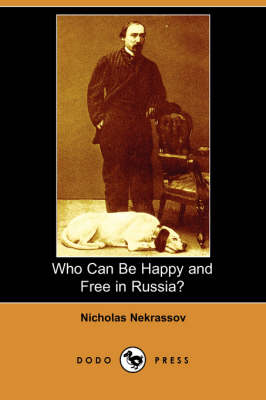
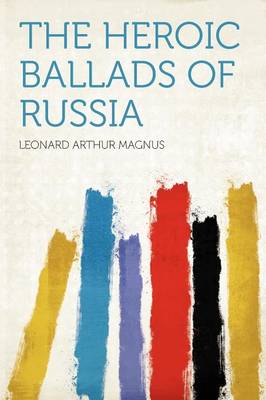
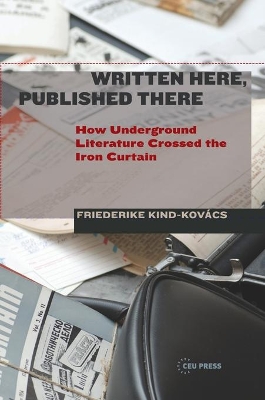
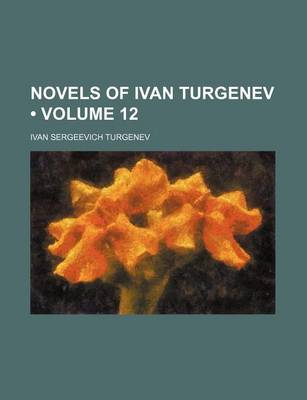
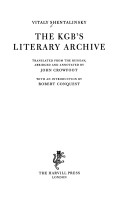
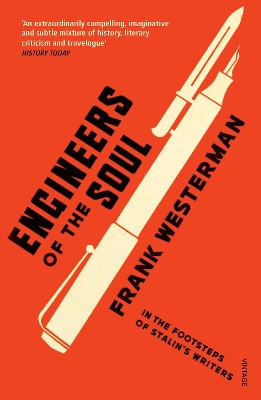
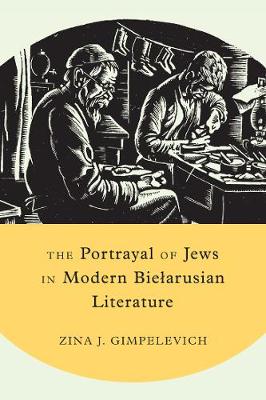
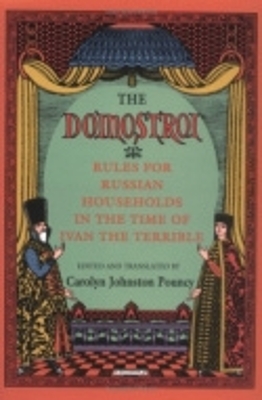
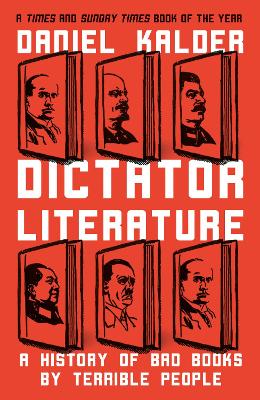
![Cover of A Foreign Woman / Tr. [from Russian] by Antonina W.Bouis.](https://images.bookhype.com/covers/f6/7e/91576006-47b9-4b4e-bd4d-3898534ae76f/9780802113429-479c3f5a29773e7c34c97e-medium.jpg)
